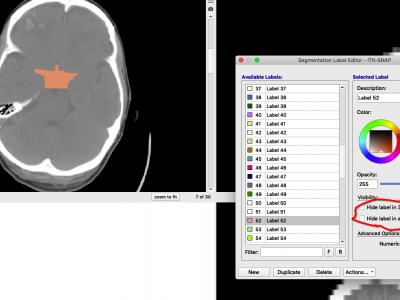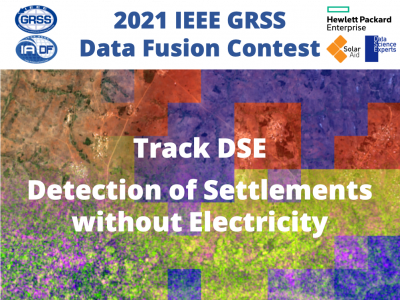Computer Vision
A medium-scale synthetic 4D Light Field video dataset for depth (disparity) estimation. From the open-source movie Sintel. The dataset consists of 24 synthetic 4D LFVs with 1,204x436 pixels, 9x9 views, and 20–50 frames, and has ground-truth disparity values, so that can be used for training deep learning-based methods. Each scene was rendered with a clean pass after modifying the production file of Sintel with reference to the MPI Sintel dataset.
- Categories:
 2342 Views
2342 ViewsThe world faces difficulties in terms of eye care, including treatment, quality of prevention, vision rehabilitation services, and scarcity of trained eye care experts. Early detection and diagnosis of ocular pathologies would enable forestall of visual impairment. One challenge that limits the adoption of computer-aided diagnosis tool by ophthalmologists is the number of sight-threatening rare pathologies, such as central retinal artery occlusion or anterior ischemic optic neuropathy, and others are usually ignored.
- Categories:
 28430 Views
28430 ViewsComputer vision in animal monitoring has become a research application in stable or confined conditions.
Detecting animals from the top view is challenging due to barn conditions.
In this dataset called ICV-TxLamb, images are proposed for the monitoring of lamb inside a barn.
This set of data is made up of two categories, the first is lamb (classifies the only lamb), the second consists of four states of the posture of lambs, these are: eating, sleeping, lying down, and normal (standing or without activity ).
- Categories:
 850 Views
850 ViewsWildfires are one of the deadliest and dangerous natural disasters in the world. Wildfires burn millions of forests and they put many lives of humans and animals in danger. Predicting fire behavior can help firefighters to have better fire management and scheduling for future incidents and also it reduces the life risks for the firefighters. Recent advance in aerial images shows that they can be beneficial in wildfire studies.
- Categories:
 52487 Views
52487 Views
The LGP dataset (LGPSSD) consists of LGP samples collected from the industrial site through the image acquisition device of LGP defect detection system. In our dataset, NG samples are regarded as positive samples, and OK samples are regarded as negative samples.
- Categories:
 654 Views
654 ViewsThis dataset consists of orthorectified aerial photographs, LiDAR derived digital elevation models and segmentation maps with 10 classes, acquired through the open data program of the German state North Rhine-Westphalia (https://www.opengeodata.nrw.de/produkte/) and refined with OpenStreeMap. Please check the license information (http://www.govdata.de/dl-de/by-2-0).
- Categories:
 4332 Views
4332 ViewsDiabetic Retinopathy is the second largest cause of blindness in diabetic patients. Early diagnosis or screening can prevent the visual loss. Nowadays , several computer aided algorithms have been developed to detect the early signs of Diabetic Retinopathy ie., Microaneurysms. The AGAR300 dataset presented here facilitate the researchers for benchmarking MA detection algorithms using digital fundus images. Currently, we have released the first set of database which consists of 28 color fundus images, shows the signs of Microaneurysm.
- Categories:
 4854 Views
4854 Views"The friction ridge pattern is a 3D structure which, in its natural state, is not deformed by contact with a surface''. Building upon this rather trivial observation, the present work constitutes a first solid step towards a paradigm shift in fingerprint recognition from its very foundations. We explore and evaluate the feasibility to move from current technology operating on 2D images of elastically deformed impressions of the ridge pattern, to a new generation of systems based on full-3D models of the natural nondeformed ridge pattern itself.
- Categories:
 2229 Views
2229 Views






